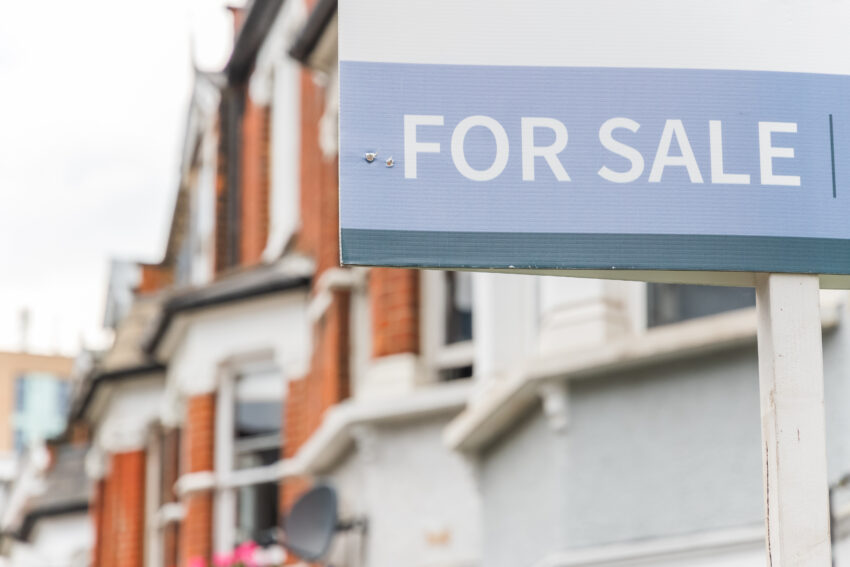Landlords in the UK could soon be hit with capital gains tax bills of up to £90,000 if Labour’s proposed changes to the tax system are implemented.
Chancellor Rachel Reeves has suggested aligning capital gains tax rates with income tax rates, which would significantly increase the tax burden on property owners. Current average capital gains tax bills for those selling property after 20 years of ownership stand at £54,000; however, if the changes go ahead, this could rise by 67% to between £87,000 and £90,000 for properties purchased before 2005, according to estate agent Hamptons.
Rachel Reeves has acknowledged the need for “difficult decisions” on spending, welfare, and tax to address the £22 billion deficit in public finances. As part of her cost-saving measures, the Chancellor has already cut winter fuel payments for 10 million pensioners and scrapped Conservative social care reforms, generating £5.5 billion in savings. Further cuts and tax changes are expected to be announced in her first Budget on October 30.
For many landlords, inflation has already diminished house price gains. David Fell, lead analyst at Hamptons, noted that with inflation rising by 80% over the past 20 years, some property sellers could end up paying taxes on what amounts to a real terms loss. Landlords who bought properties around the market peak in 2007 have seen an average value increase of £109,307, or 57%, yet the Consumer Prices Index has climbed by 67% in the same period. Fell highlighted the disparity, saying: “While on the face of it aligning capital gains tax rates with income tax rates sounds fair, the biggest issue is probably inflation – given that gains from 10 to 20 years ago are being taxed at a single point in cash terms.”
The proposed tax changes could significantly alter the financial landscape for landlords, who are often PAYE taxpayers already contributing a portion of their monthly salary to taxes. Selling a property in a single tax year could result in a capital gains tax bill much higher than comparable income tax and National Insurance contributions on a similar amount earned as salary over time. For instance, a landlord with a £100,000 gain on a property sale would face a £23,280 capital gains tax bill, whereas if the same amount were earned over two years as salary, the tax would be a lower £20,957.
This potential increase in tax bills may discourage many landlords from selling properties, contributing to a reduction in rental housing supply and deterring new investors from entering the market. Fell pointed out that this could widen the gap between personal and corporate tax rates, further complicating investment decisions.
In anticipation of the proposed changes, members of the Royal Institution of Chartered Surveyors have observed a surge in landlords selling properties. The supply of new rental homes has also dropped significantly in some regions, with East Anglia seeing a 59% decrease in new landlord instructions to estate agents in the three months to July, and the East Midlands experiencing a 37% reduction.
As the Budget approaches, the potential alignment of capital gains tax with income tax looms large for landlords, who are weighing the costs of continued investment against the backdrop of a rapidly evolving tax landscape. The proposed changes are expected to not only impact existing landlords but also influence the broader rental market and property investment dynamics across the UK.

